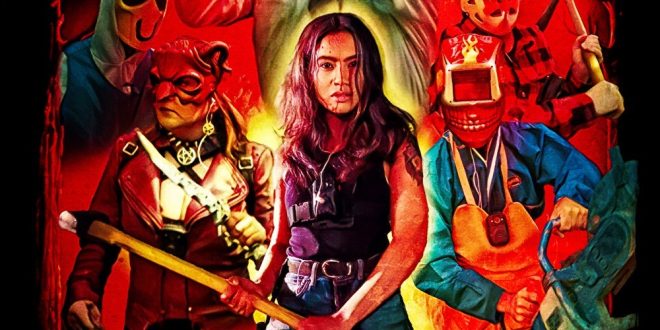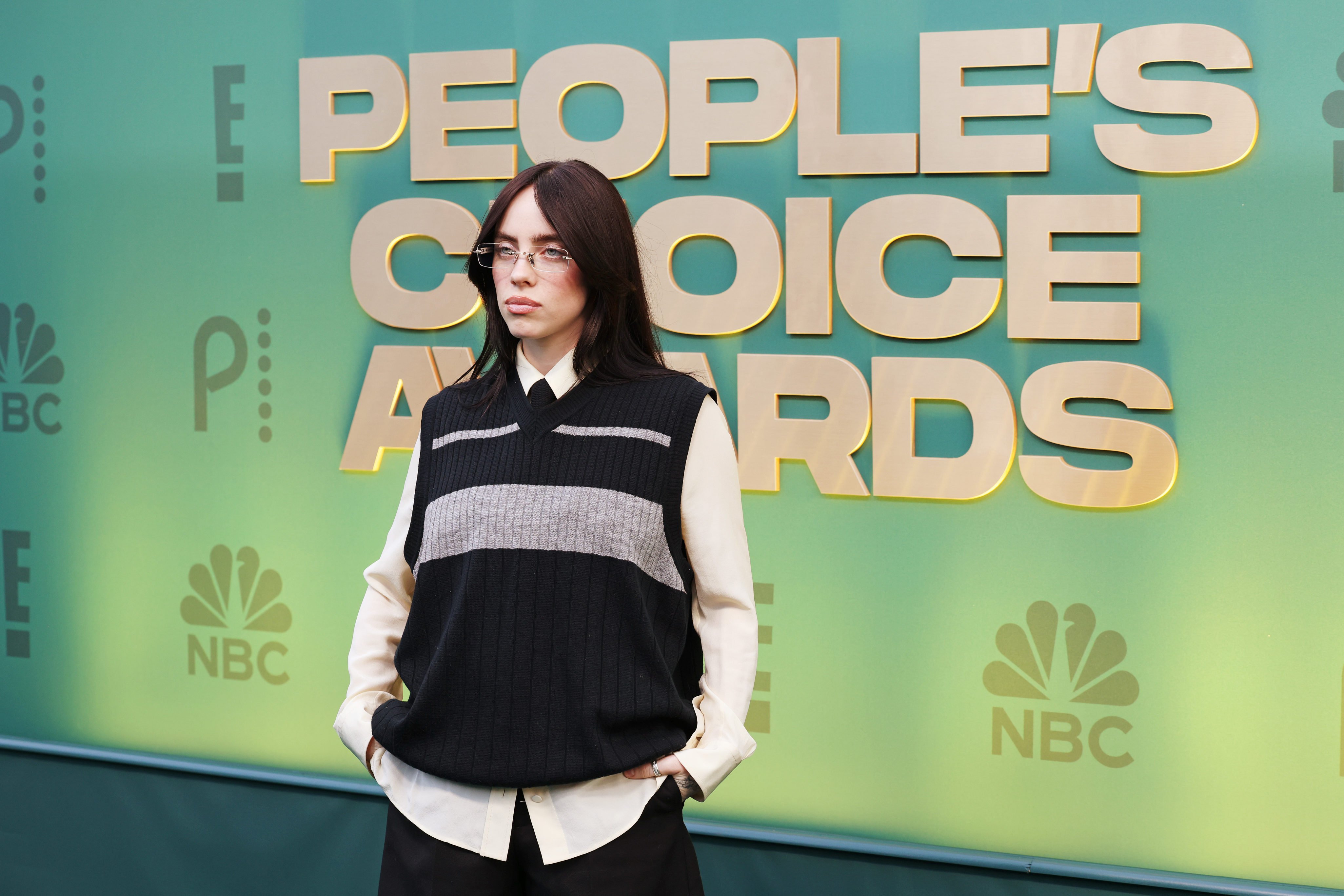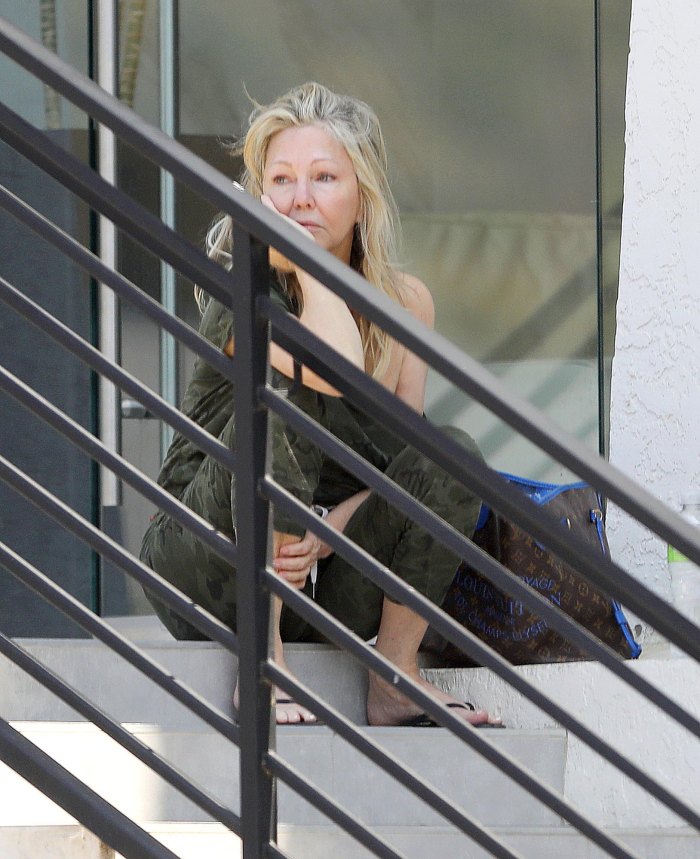In a cinematic landscape saturated with decades of monster mayhem played for laughs, “Lisa Frankenstein” ambitiously attempts to resurrect the stale horror-comedy genre with a bold concoction of humor, heart, and reanimated human parts. Yet this noble experiment never quite sparks to life, leaving viewers more puzzled than thrilled by the mismatch of ingredients.
The film marks the directorial debut of Zelda Williams, daughter of the legendary comic Robin Williams, who brings her pedigree in comedy. With a script by Diablo Cody, known for her hipster wit, the film seemed poised to subvert expectations. While flashes of dark humor and oddball charm appear, the story fails to maintain a strong narrative current or establish a cohesive tone.
We meet the brooding Lisa Swallows (Kathryn Newton), our modern-day twist on Victor Frankenstein, who has endured distinct troubles for a teenager – witnessing her mother’s gruesome murder and suffering the cruelty of her stepmother Janet (Carla Gugino). Lisa finds solace in the local cemetery, doting on the grave of a long-dead 19th century gentleman (Cole Sprouse). But when lighting strikes and resurrects Lisa’s cemetery crush, she views the undead “Creature” as the perfect partner for her schemes of adolescent revenge.

Their unconventional courtship leads them on outlandish quests for human body parts while Lisa herself transforms from social outcast to confident rebel. Newton infuses the complex role with plenty of pathos, never allowing Lisa to become unlikable even as she revels in her newfound wicked streak.
Yet the film struggles to unite its disparate tones and ideas into a cohesive identity. With references spanning from Mary Shelley to classic sitcoms like “The Addams Family,” it often feels like an overlong SNL skit riffing broadly on familiar territory. An abundance of themes vie for prominence — Lisa’s desire for belonging, her quest for empowerment, even her musical affinity for earnest 80’s ballads. But none earn meaningful exploration in a script overstuffed with scattershot concepts, lacking the substance or specificity to resonate.
While “Lisa Frankenstein” offers sporadic laughs in satirizing the melodrama of high school, the promised edginess never pushes boundaries too far. And promising ideas, like examining the morality of a regular teen “playing God” by reanimating the dead for her own ends, scarcely receive more than a glancing treatment. Zelda Williams matches the superficial tone with flat, functional direction devoid of any visual flair. And the story itself feels curiously dated rather than freshly rebellious.
The result is a well-intentioned misfire, a project loaded with possibility but lacking the alchemy or clarity of vision to animate something iconic. Flashes of vitality arrive courtesy of Newton and Sprouse’s dedicated performances, but they can’t rescue a wayward creation cobbled together from familiar parts. In the end “Lisa Frankenstein” feels as unfinished as its lumbering leading man – some assembly still required.

Perhaps the greatest disappointment lies in the unfulfilled promise of Cody’s creative pedigree. As the scribe behind whip-smart teen comedies like “Juno” and “Jennifer’s Body,” Cody has proven her ability to craft dimensional young women, telling their stories with equal parts empathy and irreverence. Yet little of that insight or specificity permeates the superficial script of “Lisa Frankenstein.”
While Lisa herself embodies the archetype of the misunderstood outsider yearning for connection, she lacks the complexity to anchor the zany proceedings with any emotional weight. And the story makes little attempt to explore the sheer audacity of its central conceit — that a grieving, ostracized teen would resort to grave robbery and experimental science to craft herself an undead prom date.
Such a jaw-dropping premise demands thoughtful examination of its emotional underpinnings and moral implications. It cries out for the very blend of razor-sharp humor and psychological depth that have distinguished Cody’s prior teen tales. But “Lisa Frankenstein” barely scratches the surface, more preoccupied with checking boxes like raucous revenge-schemes, pop song dance montages, and ostentatious ‘80s fashion than plumbing the depths of its characters or story.
The scattered script leaves Zelda Williams little to work with in her feature directorial debut beyond stitching together Cody’s loosely connected vignettes. She matches the superficial tone with workmanlike direction, the camera merely an observer of the chaotic proceedings rather than an active stylistic presence.
Where the story cries out for audacious visual flourishes or inspired practical effects to animate this modern Frankenstein tale, Williams provides merely flat sitcom staging drowned in pink and purple gels. Any glimmering possibility of creating an enduring offbeat cult classic fizzles away with the lack of directorial vision or evident passion for the genre.

Of course, Diablo Cody deserves immense credit for daring something so defiantly weird and untested by modern studio standards — a macabre riff on a literary classic mashed up with the late 80’s nostalgia of a John Hughes film. And considering Hollywood’s current creative drought, perhaps one should applaud Cody’s swing-for-the-fences ambition rather than dwell on where her final product falls short. At the very least, “Lisa Frankenstein” provides Kathryn Newton a compelling platform to showcase her versatility, and hints at a promising directorial future for Zelda Williams should she hone her craft.
But with so much madcap potential in its exhumed corpse of a premise, the movie leaves one mourning what could have been…had its makers truly resurrected that electric, idiosyncratic spark that once ignited the teenage imaginations of misfits and rebels in earlier eras. Instead we have a quirky monster that ambles about awkwardly for 90 minutes, never quite finding its rhythm or reason for being before finally collapsing lifeless back into its grave. For all its spasmodic fits of offbeat energy, “Lisa Frankenstein” lacks the magic or coherence to earn a lasting place in the pantheon of either teen cinema or creature features. Much like the lumbering, part-corpses that haunt its frames, Zelda Williams’ film proves too disjointed to survive on its own. It leaves viewers wishing someone would take this inspired experiment, reanimate its best components, and transform it into something immortal.
“Lisa Frankenstein” aims admirably high but ultimately crumbles as a jumbled, disjointed effort. For all its flashes of oddball charm and humor, the uneven story and direction lack the magic sparks to truly reanimate this stale genre. While Cody’s script overflows with creative ideas, it misses the insightful emotional core that distinguished her earlier teen works. And Williams’ pedestrian direction fails to establish any distinct stylistic identity. The talented cast and crew deserve praise for daring to stitch together such an eccentric Frankenstein’s monster of a movie. But one walks away wishing they had taken more time to refine their inspired vision and smooth over the messy seams before unleashing their zany creation onto the world.

Of course, devotees of offbeat cinema or all things 80’s may still find enjoyment mining this film for nuggets of nostalgia and clever satire. And Kathryn Newton fans will appreciate her efforts to inject warmth and credibility into the chaotic proceedings. For all its flaws, “Lisa Frankenstein” represents a rare gamble in today’s risk-averse Hollywood climate. So even if it doesn’t earn a spot in the teen comedy/horror hall of fame, it perhaps deserves points for audacity.
Have you had the chance to check out Zelda Williams’ madcap feature debut? Share your thoughts on the film’s playful attempts to resurrect the corpse of many a antiquated genre. Did it leave you laughing, screaming, or scratching your head? Let us know if you found “Lisa Frankenstein” to be a lively romp or a lifeless slog by leaving a comment below!

















































































